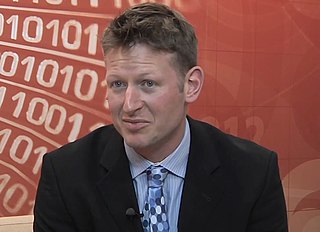A Quote by William McDonough
Carbon in your body - that's good thing. In a tree, it's good. In the atmosphere, it's a bad. Nature wants to sequester carbon in biota. And when we burn it, we release it. It's the wrong system.
Related Quotes
The buckyball, with sixty carbon atoms, is the most symmetrical form the carbon atom can take. Carbon in its nature has a genius for assembling into buckyballs. The perfect nanotube, that is, the nanotube that the carbon atom naturally wants to make and makes most often, is exactly large enough that one buckyball can roll right down the center.
We have to be bringing carbon out of the atmosphere, and we can't wait for these magical technologies that are somehow going to suck the carbon out of the atmosphere in the future and mean we can do business as usual. And so, what we have to do, what we're going to need to do, is really work with nature to repair the climate.
The essential fact which emerges ... is that the three smallest and most active reservoirs ( of carbon in the global carbon cycle), the atmosphere, the plants and the soil, are all of roughly the same size. This means that large human disturbance of any one of these reservoirs will have large effects on all three. We cannot hope either to understand or to manage the carbon in the atmosphere unless we understand and manage the trees and the soil too.
One of the reasons why I say we all need to work together to save the Congo forest, because if we don't save the Congo forest, the Amazon forest and the southeast Asia forest, if those forests release the carbon they are trapping at the moment, much of what you will be doing in the North will be negated by the amount of carbon released into the atmosphere.




































